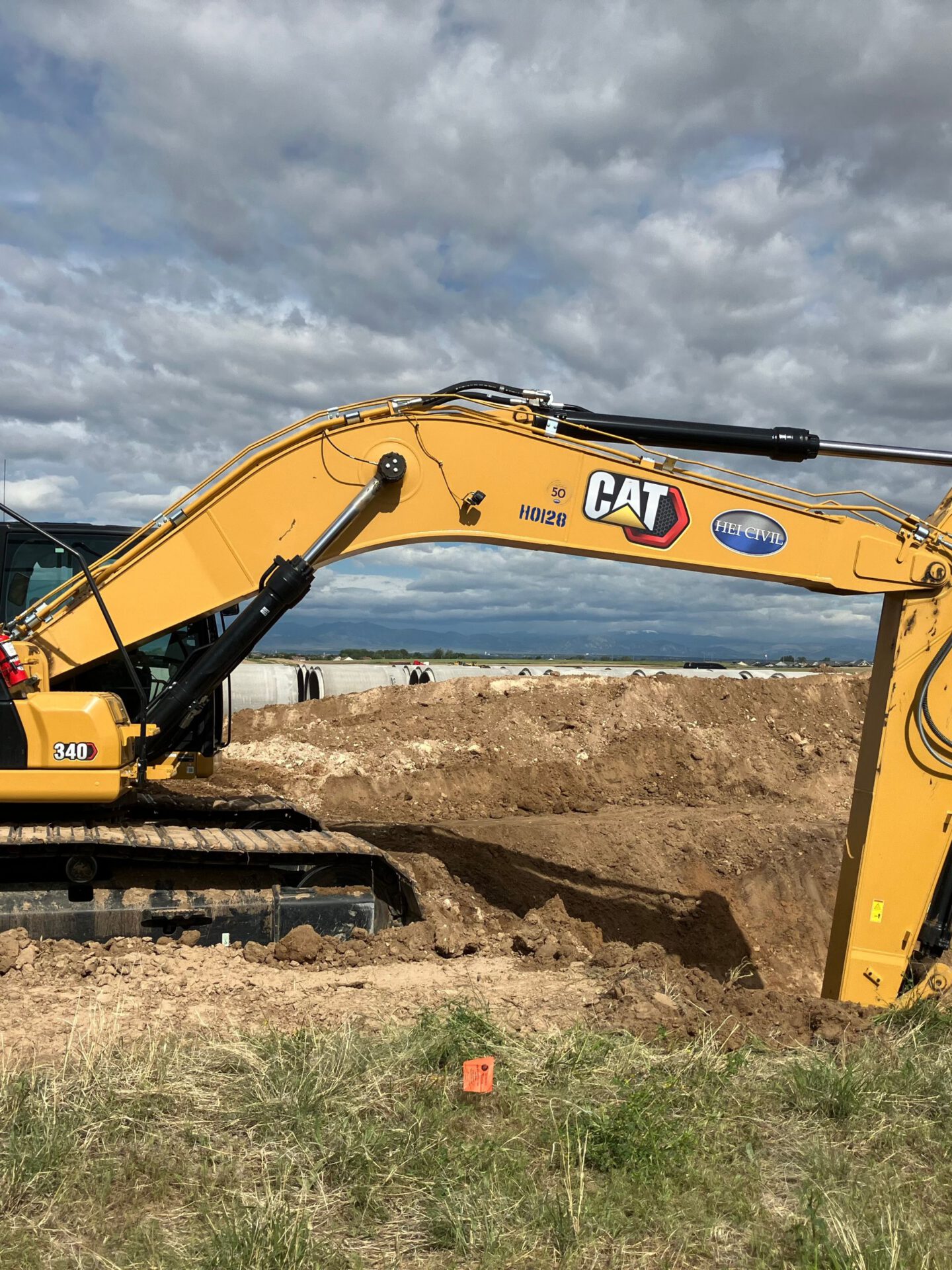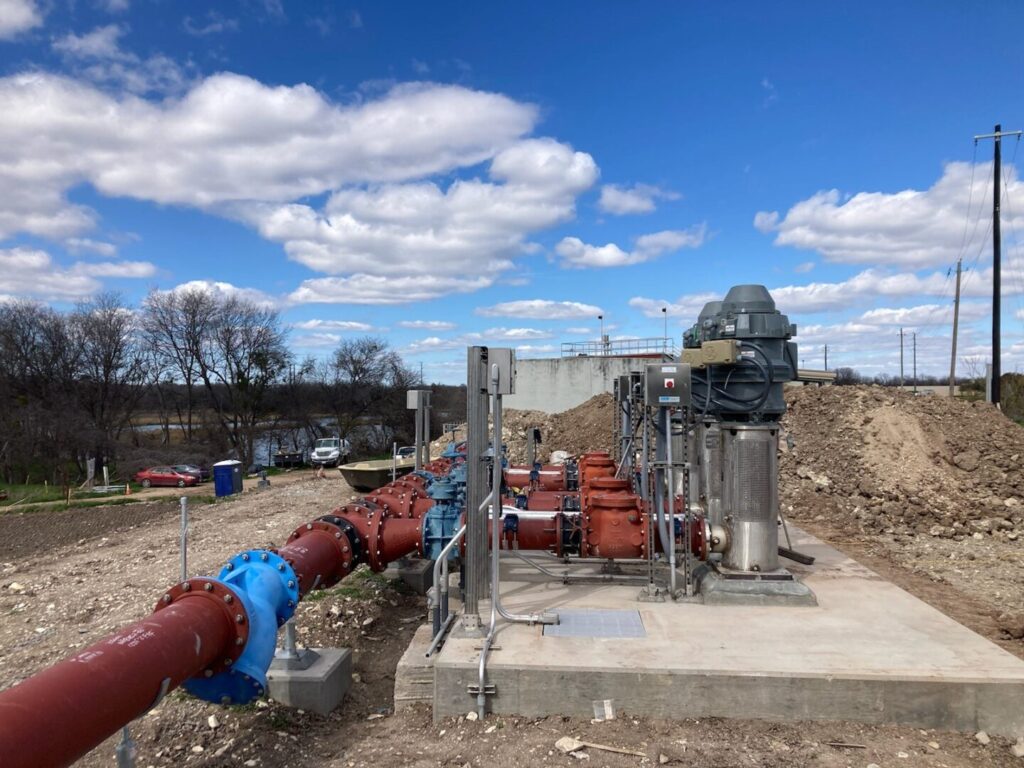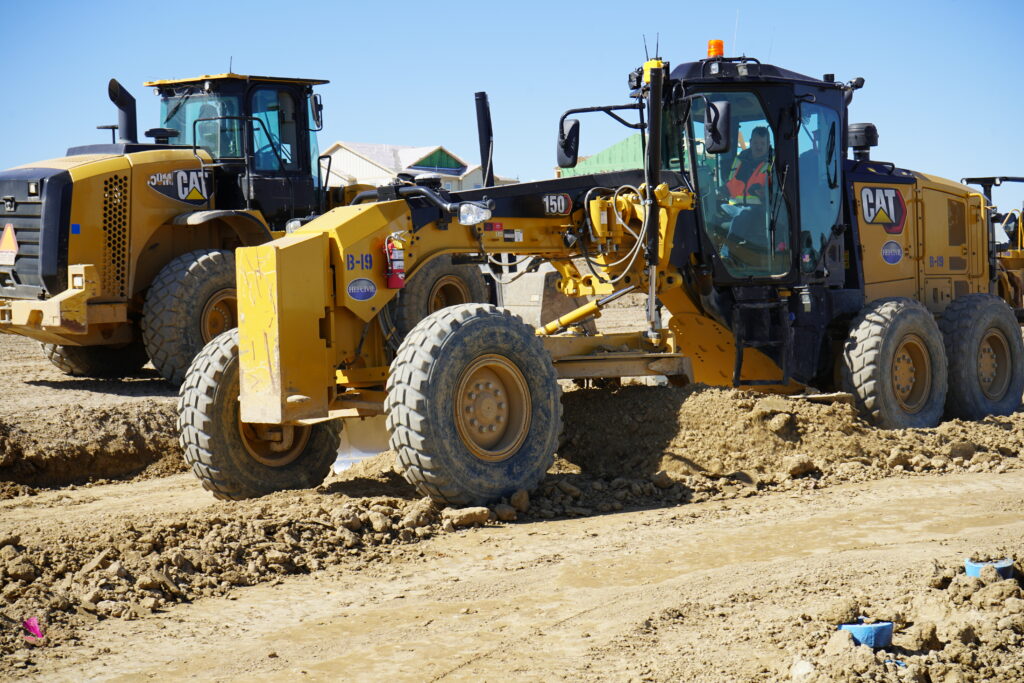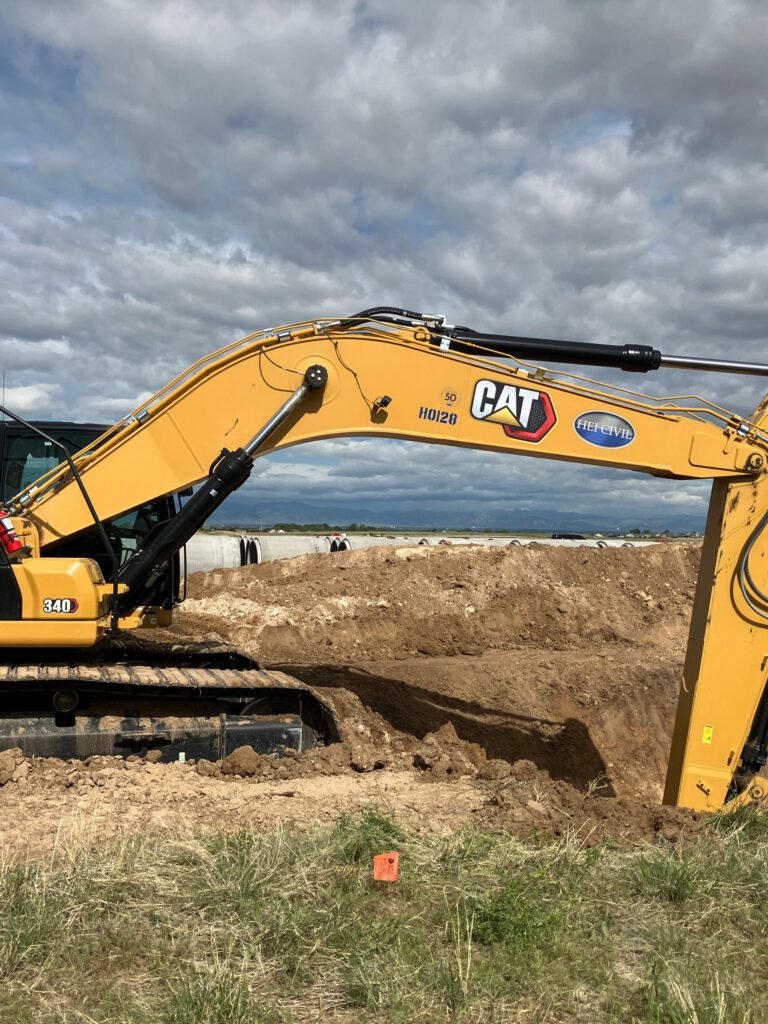In heavy civil construction, excavation is a critical phase that lays the groundwork for the entire project. Precision in excavation is not just a matter of efficiency—it’s essential for the project’s safety, stability, and success. Here’s why precision matters and how excavation contractors ensure accuracy.
Why Precision Matters
- Structural Integrity: The foundation of any structure relies on precise excavation. Any deviation from the planned depth or alignment can compromise the building’s stability, leading to potential safety hazards and costly repairs.
- Cost Efficiency: Accurate excavation minimizes material waste and reduces the need for rework. Accurate excavation saves time and keeps the project within budget, avoiding unexpected expenses.
- Safety: Precision ensures excavation does not inadvertently affect nearby structures or utilities. Accurate digging prevents accidental damage to underground pipes, cables, or existing foundations, which can pose significant safety risks.
- Compliance: Construction projects must adhere to strict regulations and standards. Precise excavation is necessary to meet these regulatory requirements and avoid legal complications.
How Contractors Ensure Accuracy
- Advanced Technology: Modern excavation contractors utilize cutting-edge technology to achieve high levels of precision. GPS-guided equipment, laser systems, and 3D modeling help accurately plan and execute excavation.
- Comprehensive Planning: Detailed planning is the foundation of precise excavation. Contractors conduct thorough site surveys and soil analysis to understand the terrain and any potential obstacles. This information creates a precise excavation plan that guides the entire process.
- Skilled Operators: Machine operators’ expertise is crucial for accurate excavation. Experienced operators have training to handle advanced equipment and make real-time adjustments based on site conditions. Continuous training ensures they stay updated with the latest techniques and technologies.
- Regular Monitoring and Adjustments: Continuous monitoring is essential to maintaining precision during excavation. Contractors use real-time data from GPS and laser systems to track progress and make necessary adjustments. This proactive approach ensures that any deviations are corrected immediately.
- Quality Control: Rigorous quality control measures are implemented throughout excavation. Regular inspections and testing ensure the work meets the required specifications and standards. Any issues identified are promptly addressed to maintain the highest level of accuracy.





